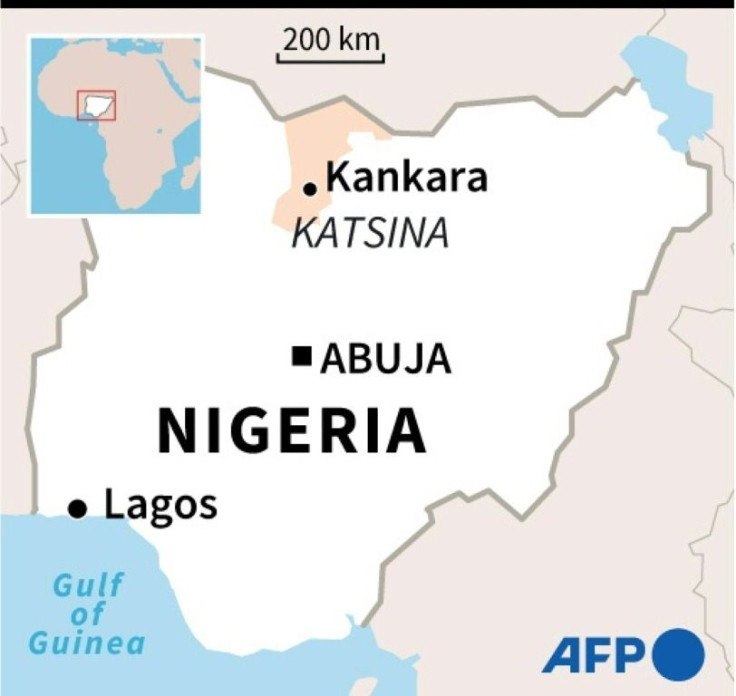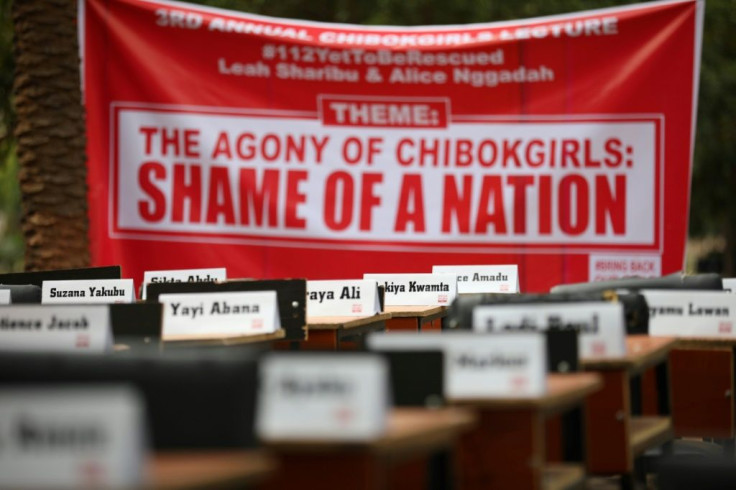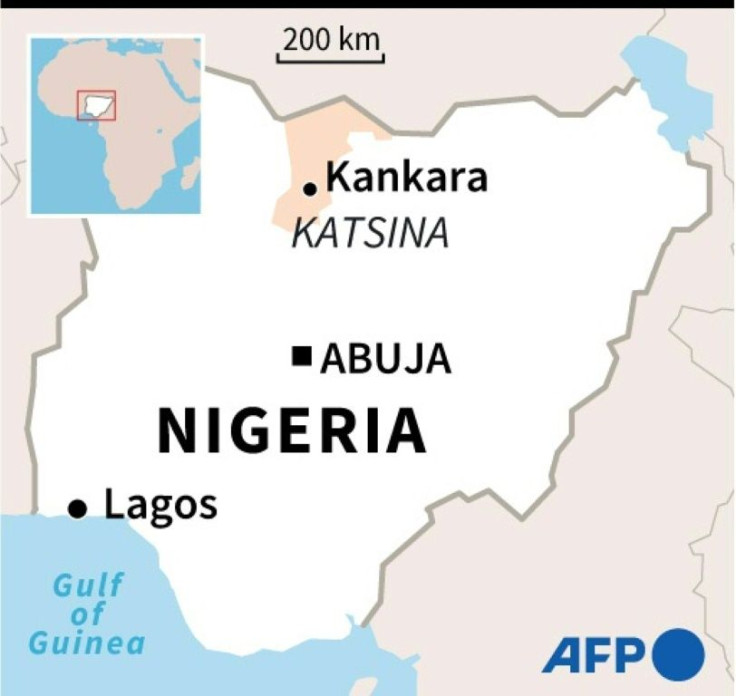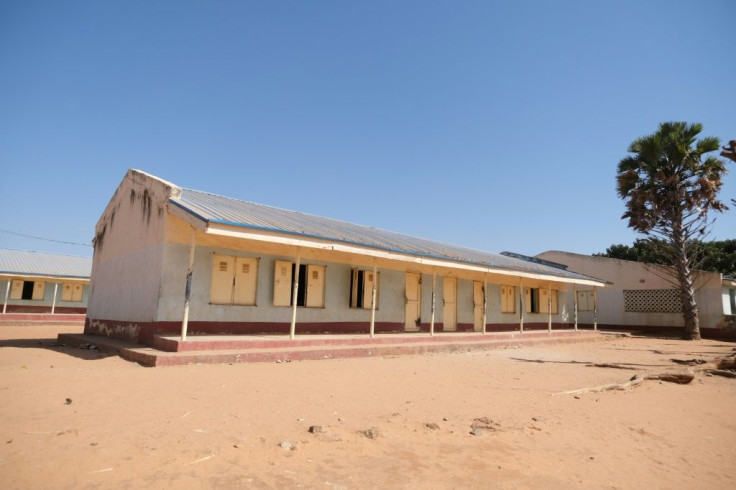Boko Haram Claims Kidnapping In Apparent Turn In Conflict
Boko Haram on Tuesday claimed the abduction of hundreds of students in northwestern Nigeria, in what would be its first attack in the region since it launched a jihadist uprising more than a decade ago.
Boko Haram and its rival, the Islamic State in West Africa Province (ISWAP) group, have until now waged an insurgency in the northeast of the country and neighbouring Cameroon, Chad and Niger, killing thousands and displacing millions of people.
Local authorities said late Monday that the abductors responsible for Friday's attack "made contacts with the government."

"Talks are ongoing to ensure their safety and return to their respective families," the governor of Katsina state, Aminu Bello Masari, said on Twitter.
The army said over the weekend that it had located the gunmen's enclave and that a military operation was under way.
On Tuesday, dozens of aggrieved parents thronged the deserted streets of Kankara, a sleepy town in the state of Katsina, confused and in shock after Boko Haram claimed it took their children.
Clustered inside the school compound and nearby, under palm, mango and tamarind trees, one father told AFP his hopes of a swift release were now weakened.

"The news that our children were kidnapped by Boko Haram has destroyed whatever hope I had of seeing my son soon," said Ahmad, who gave only his first name to protect his child's identity.
"We were thinking they were just taken by bandits who would release them for ransom, but Boko Haram saying they are holding them has changed everything."
The audio released on Tuesday featured a voice resembling that of the elusive Boko Haram leader, Abubakar Shekau, who was behind the 2014 abduction of 276 schoolgirls in Chibok that sparked global outrage.
"I am Abubakar Shekau and our brothers are behind the kidnapping in Katsina," said the voice in a four-minute recording sent to AFP through the same channel as previous messages from Boko Haram.

"We carried out the Katsina attack for the religion of Allah to be supreme and to debase unbelief, because western education is not Islamic and what is taught is not sanctioned by Allah and the Prophet."
The number of missing students remains unclear.
Military spokesman General John Enenche spokesman told Channels TV on Monday that 333 pupils were unaccounted for after heavily armed gunmen raided the all-boys Government Science secondary school in Kankara.
Local sources told AFP that more than 500 students were captured.

The attack was initially blamed on so-called bandits -- criminal groups in the region who terrorise communities by killing and abducting people for ransom.
Boko Haram's involvement, if confirmed, would change the picture considerably.
The government did not immediately react to the claim, with both the president's office and the defence ministry declining to comment.

Fears that Boko Haram and ISWAP were making inroads into the northwest have been simmering for some time.
For Bulama Bukarti, analyst with the Tony Blair Institute, there is "no doubt" that jihadists have made inroads into the northwest --not by deploying fighters but by infiltrating established criminal gangs.
"It's a terribly scary situation," said Bukarti, who believes "between 200 and 500 fighters (in the northwest) have claimed allegiance to the jihadist groups."
Jacob Zenn, analyst at the Washington-based research group The Jamestown Foundation who has written extensively on Nigeria, said Boko Haram's expansion efforts were years in the making.
"Nigerian intelligence sources have been observing that there are logistic networks, financing networks between Shekau and the northwest," Zenn told AFP.
Even if Shekau was not directly responsible for the kidnappings, Bukarti believes "it's a terrible political statement."
"This is excellent propaganda for Boko Haram," the analyst said, adding that it could "also be a way to enter in negotiation (with the government)".
Katsina borders Niger, where other jihadist groups are operating.
The International Crisis Group issued a report in May, saying porous borders could connect "Islamic insurgencies in the central Sahel with the decade-old insurgency in the Lake Chad region."
More than 36,000 people have been killed in the conflict and two million have been displaced.
The kidnappings occurred in the home state of President Muhammadu Buhari, who was visiting the area when the attack happened.
The president condemned the attack and ordered security stepped up in schools.
Buhari has made the fight against Boko Haram a priority but the security situation in Nigeria has deteriorated since his 2015 election.
#BringBackOurBoys trended on social media after the attack, in reference to a similar hashtag after the Chibok kidnappings.
The British High Commission in Nigeria told AFP on Tuesday it was aware that Boko Haram claimed responsibility for the Friday attack and that it was "monitoring the situation closely."
The European Union has called "for the immediate and unconditional release of all children and their return to their families."
© Copyright AFP {{Year}}. All rights reserved.





















